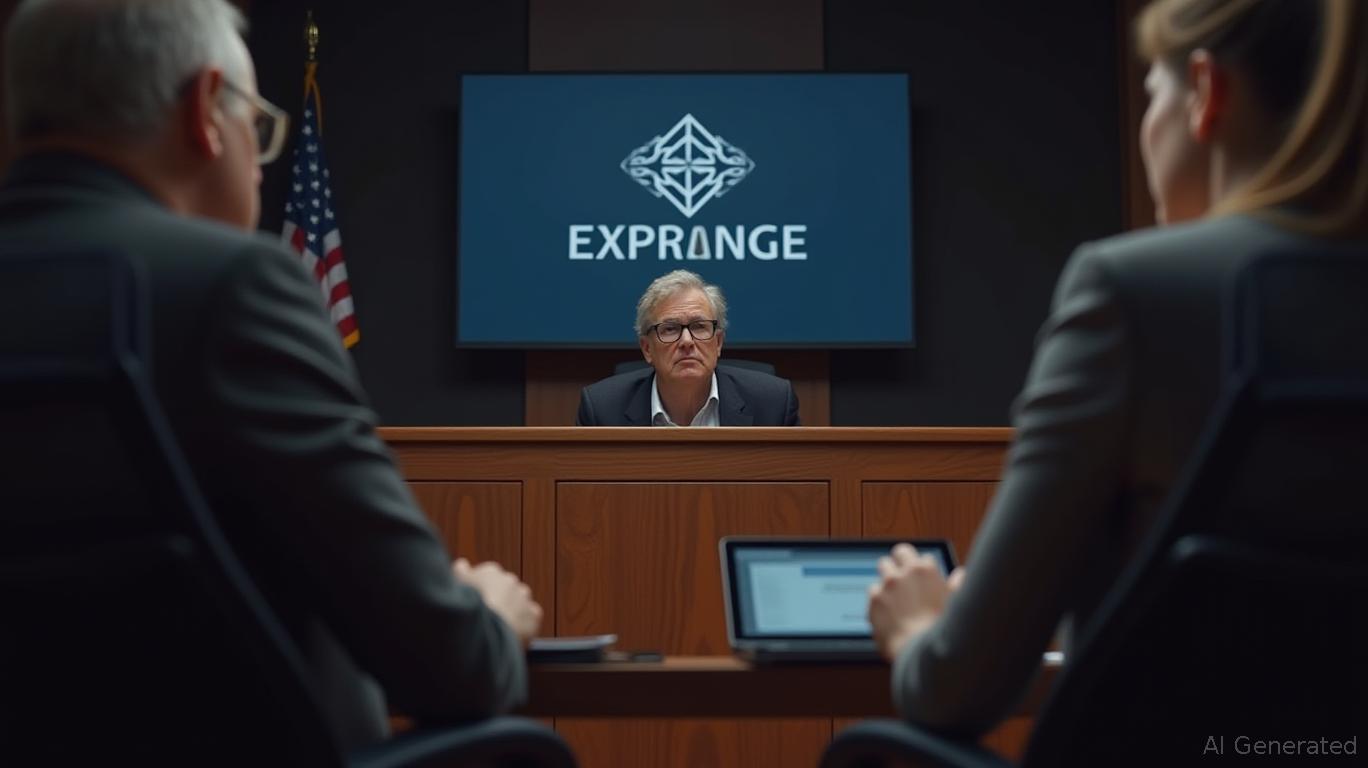Crypto Clash Challenges the Limits of Free Expression and Regulatory Transparency
Senator Elizabeth Warren has dismissed a defamation warning from Binance founder Changpeng "CZ" Zhao, maintaining that her remarks regarding his guilty plea are consistent with how the Department of Justice (DOJ) described his actions. The disagreement, which began after Warren posted on X on October 23 criticizing Donald Trump's pardon of Zhao, revolves around the difference between violations of the Bank Secrecy Act (BSA) and actual money laundering charges, according to
In a letter dated November 2 and obtained by

On the other hand, Zhao’s lawyers have challenged Warren’s description, arguing that she mischaracterized the conviction. In a draft letter, attorney Teresa Goody Guillén claimed that Zhao’s plea was for a "single regulatory violation" of BSA noncompliance, not a "money laundering charge," and demanded that Warren retract her statement, according to
Legal analysts have called Zhao’s position legally unsound. Max Schatzow, a former DOJ prosecutor, stated publicly that "failing to maintain a money laundering program" is, by nature, a money laundering-related crime, as BeInCrypto noted. At the same time, constitutional law experts have pointed out that while the Speech or Debate Clause protects legislative activities, it does not cover lawmakers’ statements made on social media, according to Coinotag.
This conflict has broader significance beyond the immediate parties. Warren’s office has consistently pushed for tighter crypto oversight, arguing that platforms like Binance facilitate illegal financial activity, Coinotag reported. Zhao’s guilty plea has become a focal point in discussions about regulatory responsibility and the Trump administration’s favorable approach to crypto, Coinotag also mentioned. The situation may set precedents for free speech rights of public officials and shape how criminal convictions are discussed in political contexts.
Warren’s representatives further argued that "regulatory penalties" under the BSA are criminal offenses, countering Zhao’s assertion that his plea was only about compliance, according to The Block. They referenced previous cases where public comments based on factual information were not considered defamatory, as BeInCrypto reported.
This controversy highlights the ongoing friction between the fast-paced growth of cryptocurrency and changing regulatory standards. As authorities increase their focus on digital assets, cases like this emphasize the importance of precise legal definitions for terms like "money laundering" and "anti-money laundering," which are frequently confused in public discussions, as observed by